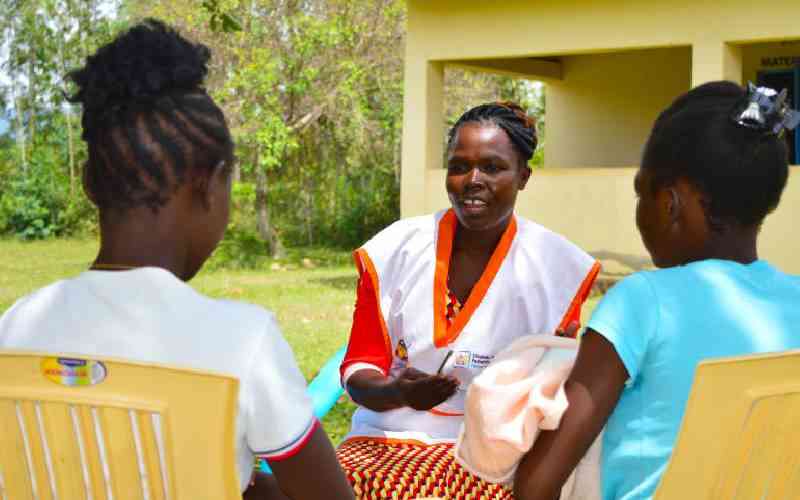
The High Court in Nairobi has declined to declare unconstitutional the controversial law making it a crime to deliberately spread HIV and Aids and other sexually transmitted diseases.
Justice Hedwig Ong'udi found that the case filed by five persons living with HIV was out of an erroneous interpretation, as the law does not criminalise married couples or a person who is already infected.
While disclosure is voluntary, Section 26 of the Sexual Offences Act stipulates that a person living with HIV who knowingly and recklessly places another person at risk of becoming HIV-infected commits an offense that upon conviction can attract a jail term of not less than 15 years, which can be heightened to life.
 The Standard Group Plc is a multi-media organization with investments in media
platforms spanning newspaper print
operations, television, radio broadcasting, digital and online services. The
Standard Group is recognized as a
leading multi-media house in Kenya with a key influence in matters of national
and international interest.
The Standard Group Plc is a multi-media organization with investments in media
platforms spanning newspaper print
operations, television, radio broadcasting, digital and online services. The
Standard Group is recognized as a
leading multi-media house in Kenya with a key influence in matters of national
and international interest.











